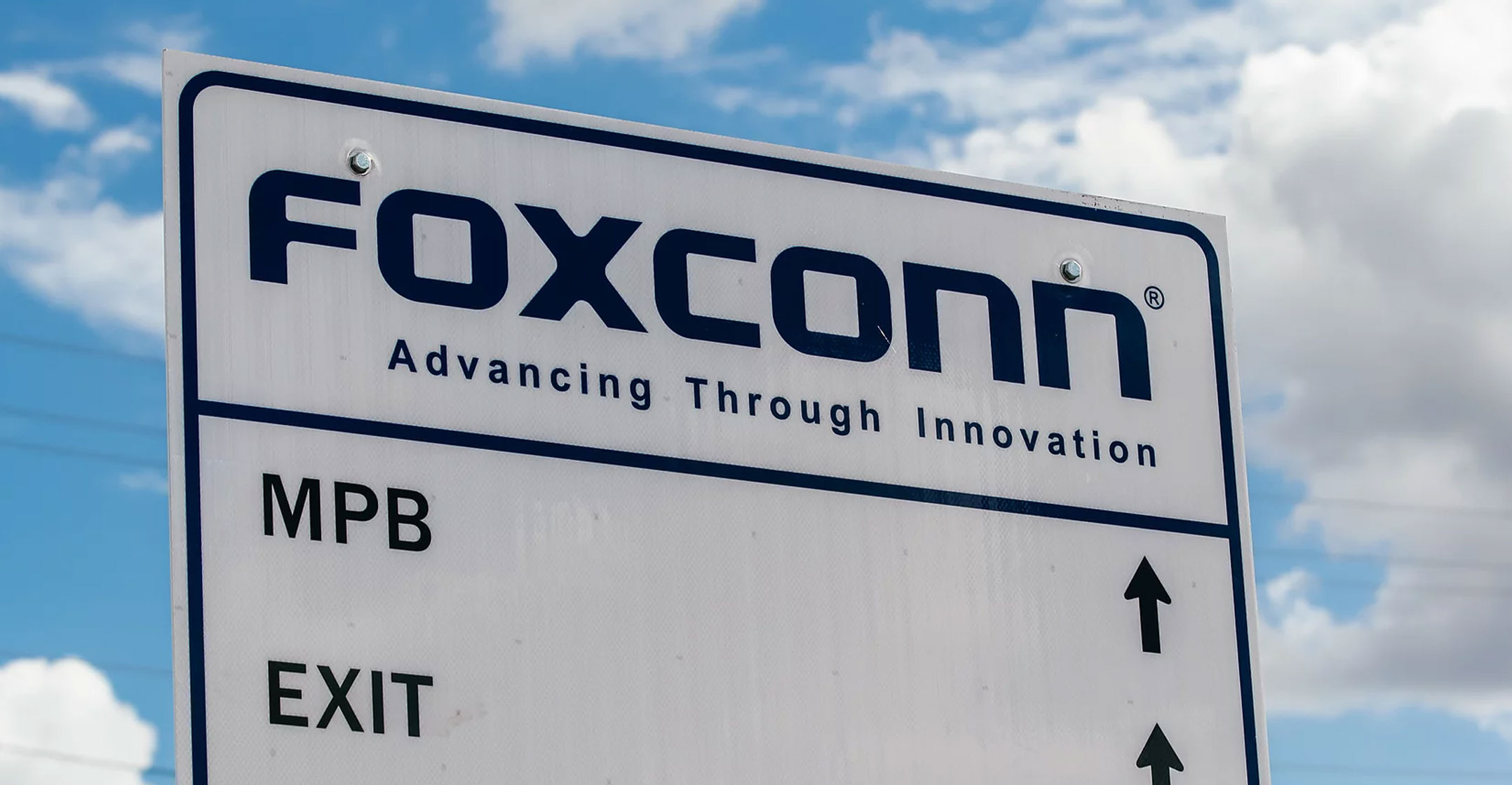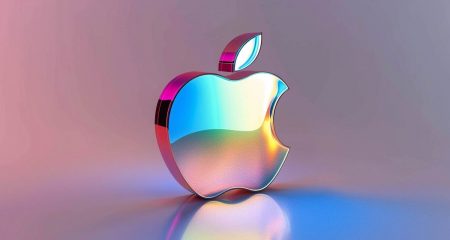 The biggest assembler of iPhones said component shortages that have plagued electronics production for more than a year are showing signs of easing, a potentially encouraging signal for manufacturers across industries.
The biggest assembler of iPhones said component shortages that have plagued electronics production for more than a year are showing signs of easing, a potentially encouraging signal for manufacturers across industries.
There will be a major improvement in parts shortages in the first quarter, with “overall supply constraints” set to ease in the second half, James Wu, a spokesman for Hon Hai Precision Industry Co, better known as Foxconn, said during a company event in Taipei on Thursday.
A shortage of components, in particular computer chips, has hurt production of everything from cars to smartphones as demand rose during the pandemic. Taiwan’s TSMC and its peers have indicated chip supply will remain tight throughout 2022, and car makers including Ford and Toyota recently warned about an ongoing impact from the semiconductor crunch.
Power management chips are still in short supply, Hon Hai’s Wu said. The Taiwanese company, which buys about US$55-billion of chips a year, is striving to minimise the impact from supply-chain challenges, he said. The company expects first quarter revenue to be little changed compared to a year earlier, Wu said.
Manufacturers around the world are racing to build up inventory out of the fear that outbreaks of the Omicron variant and other uncertainties could further disrupt supply chains. In January, TSMC CEO CC Wei told analysts he expects companies to maintain a higher level of inventory than previously to ensure supply security.
In addition to being a key manufacturing partner to Apple, Hon Hai makes gadgets for global brands including Dell Technologies, Sony Group and Nintendo. It is also expanding in production of electric vehicles, agreeing in October to acquire Lordstown Motors’s bakkie manufacturing facility in Ohio.
Production of EVs in Ohio is set to start in the third quarter of this year, Hon Hai chairman Young Liu said at the Taipei event. Hon Hai will unveil two EV models this year, and revenue from automotive parts is set to reach NT$20-billion ($720-million) this year, he said. — (c) 2022 Bloomberg LP




